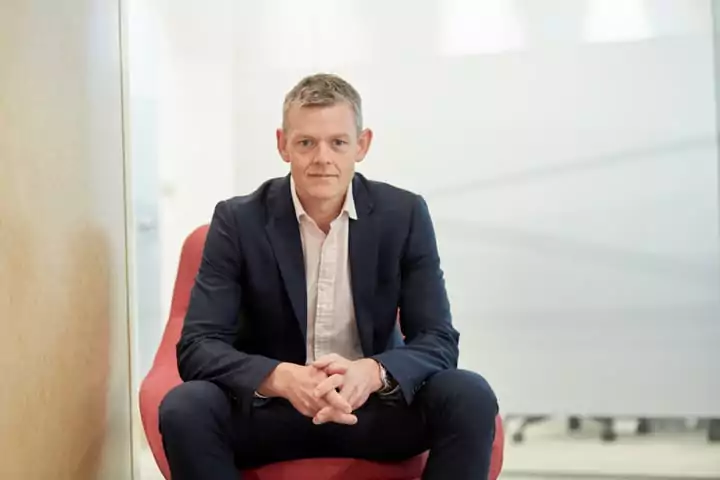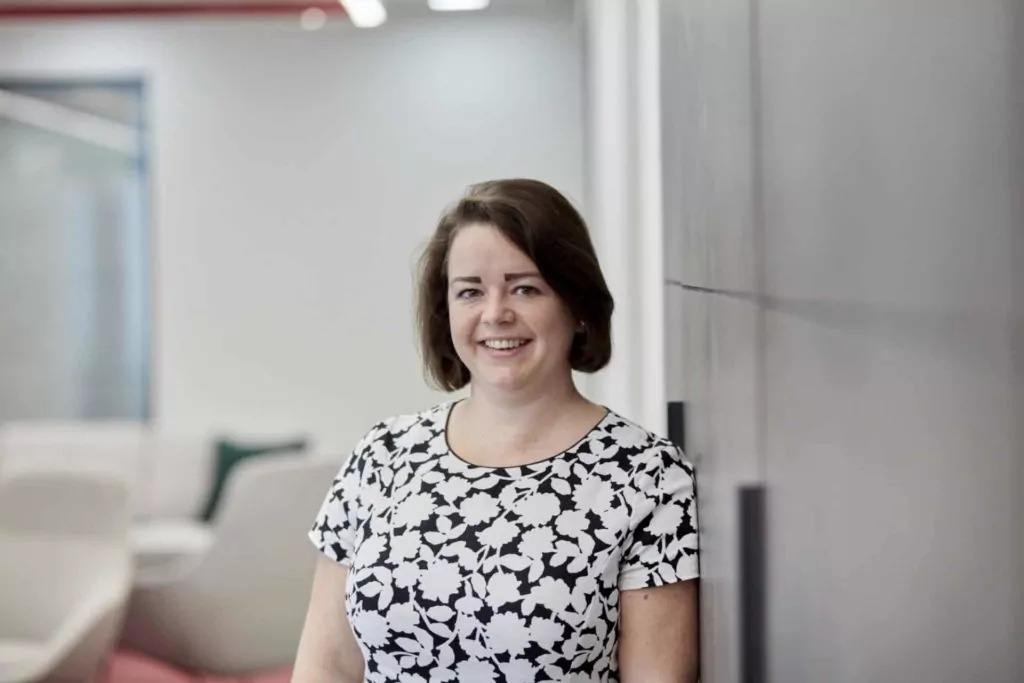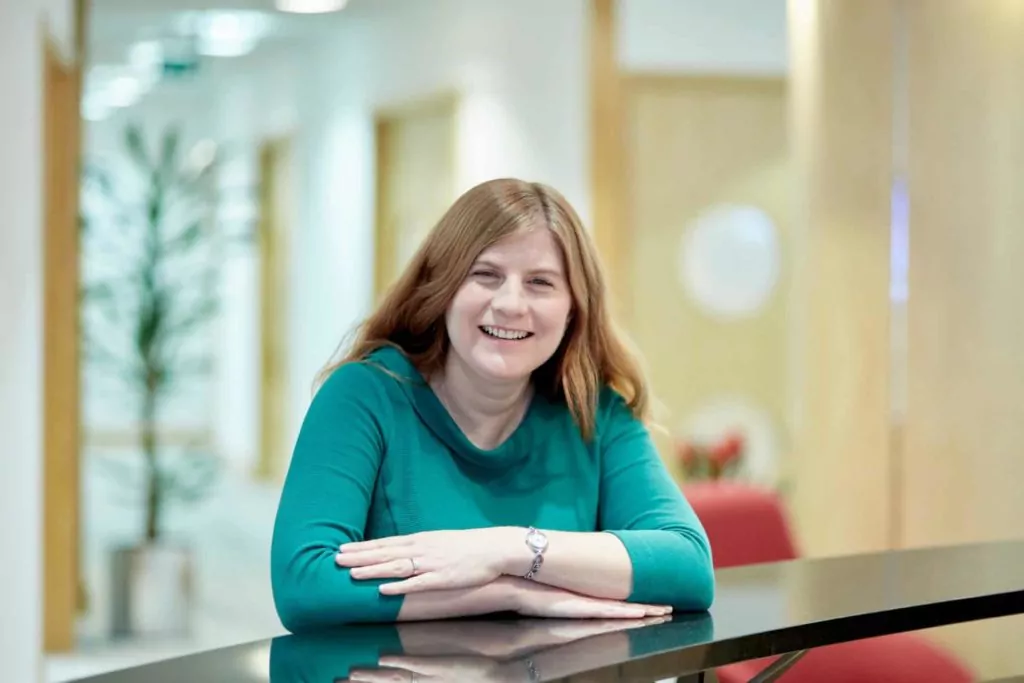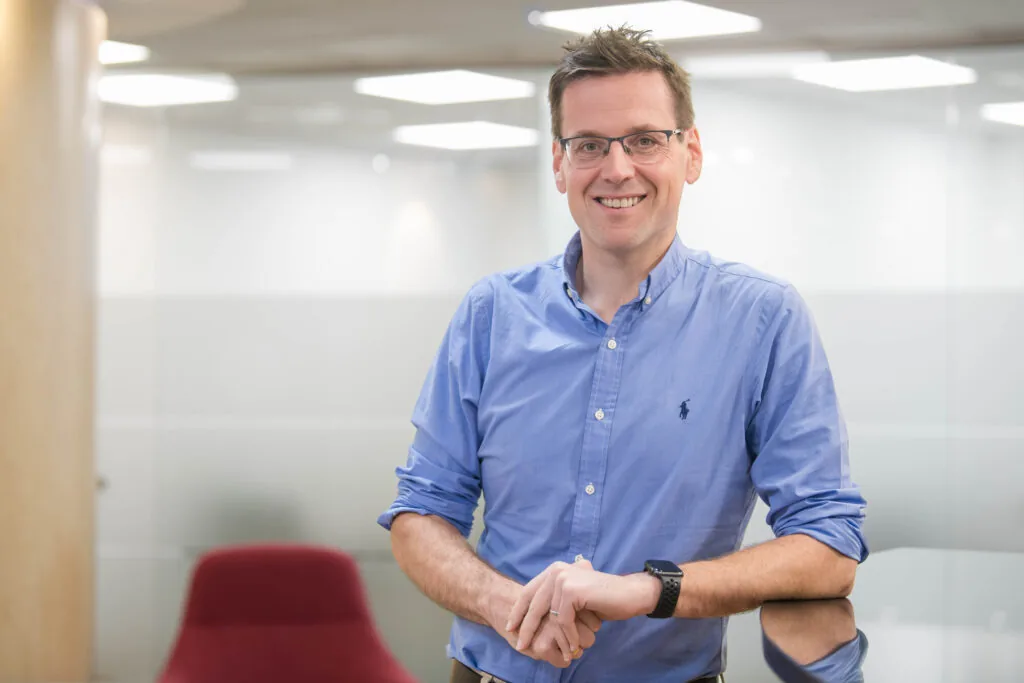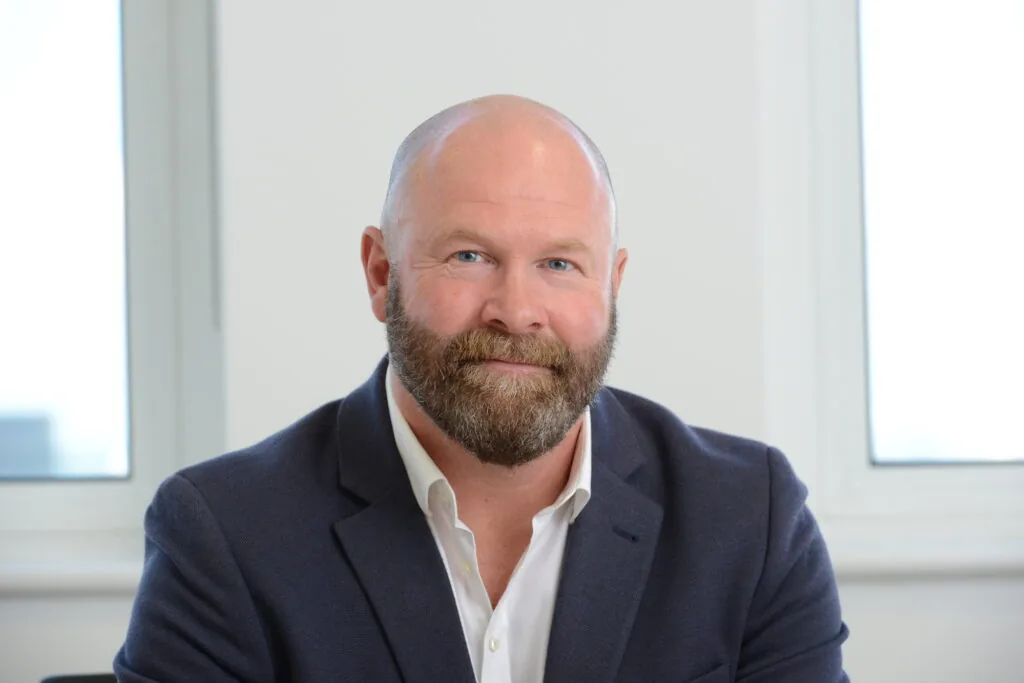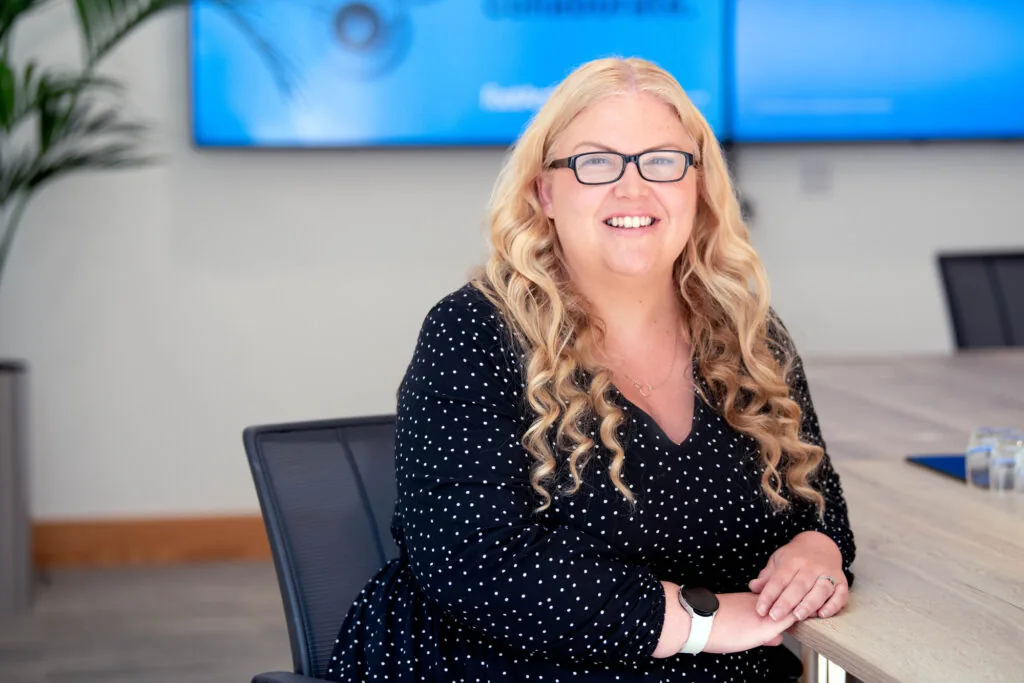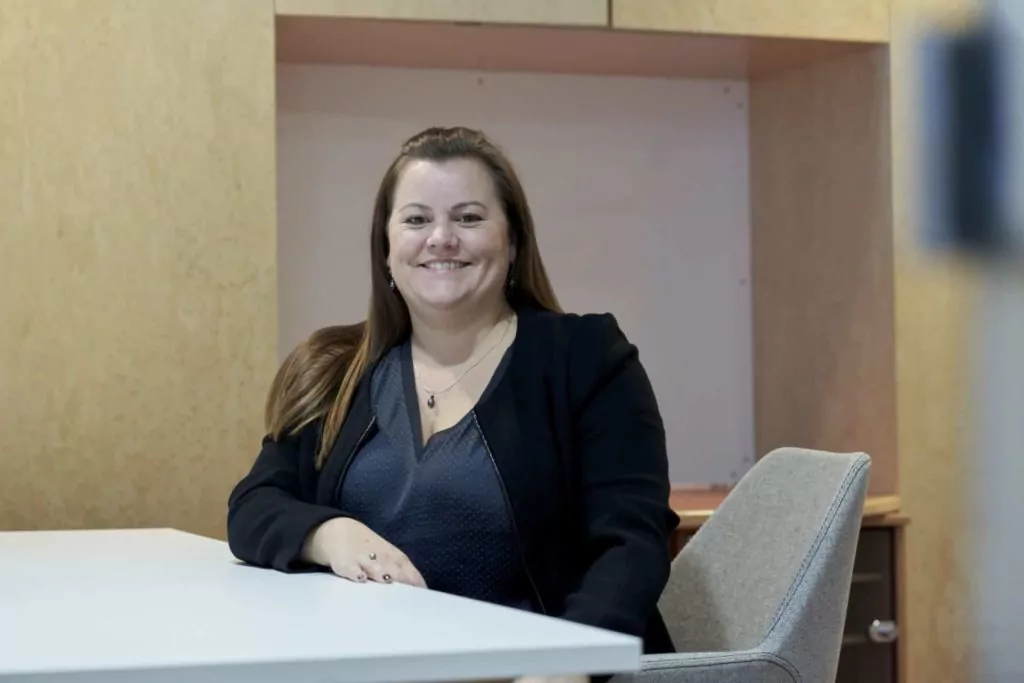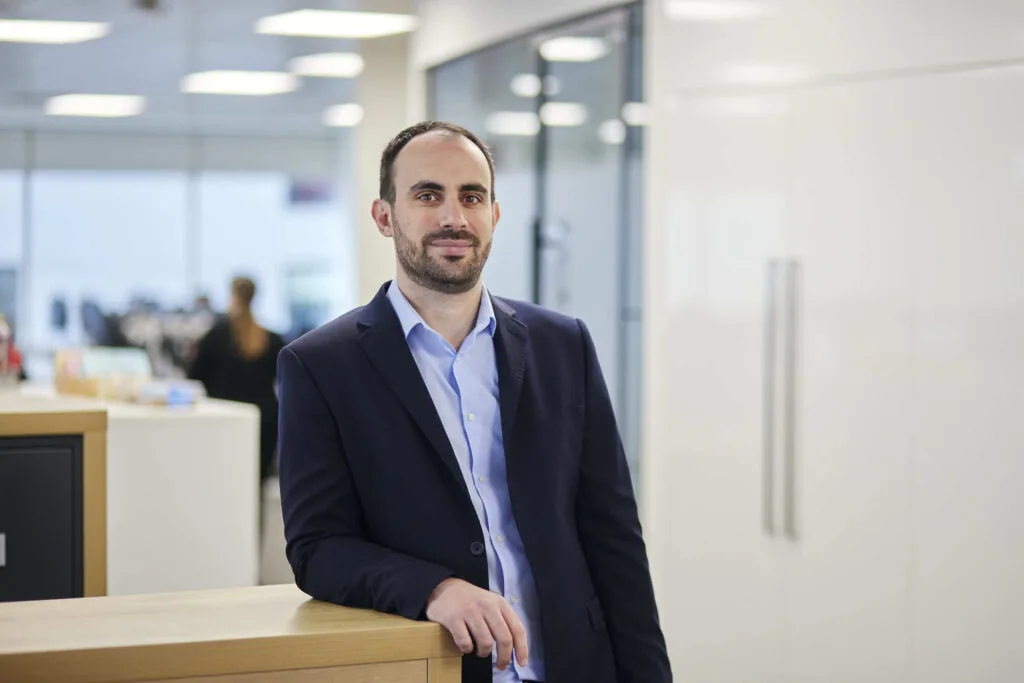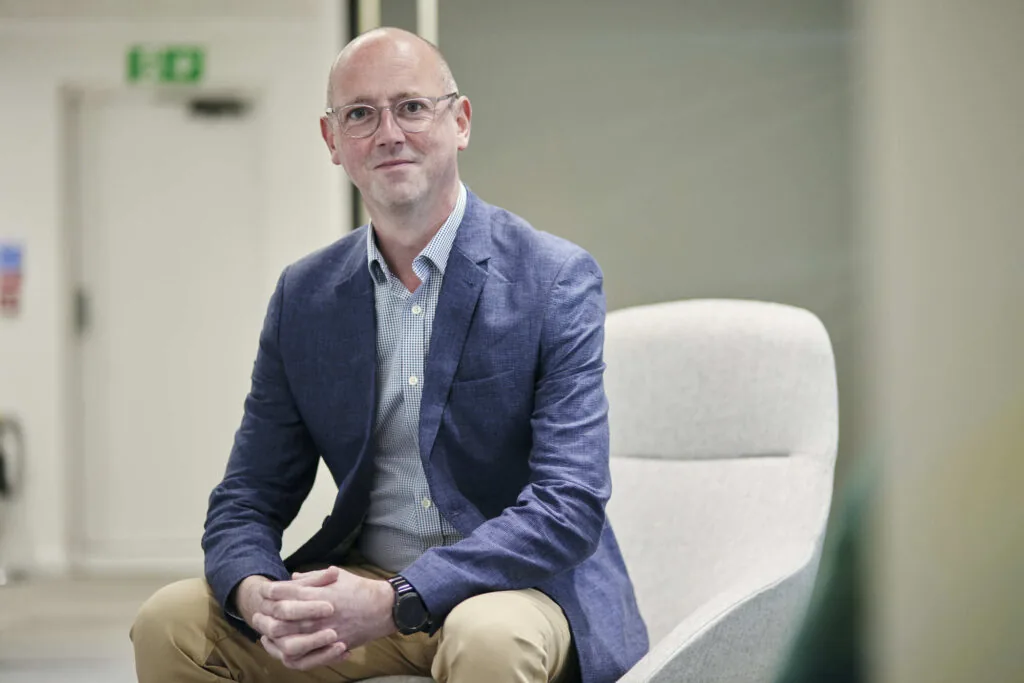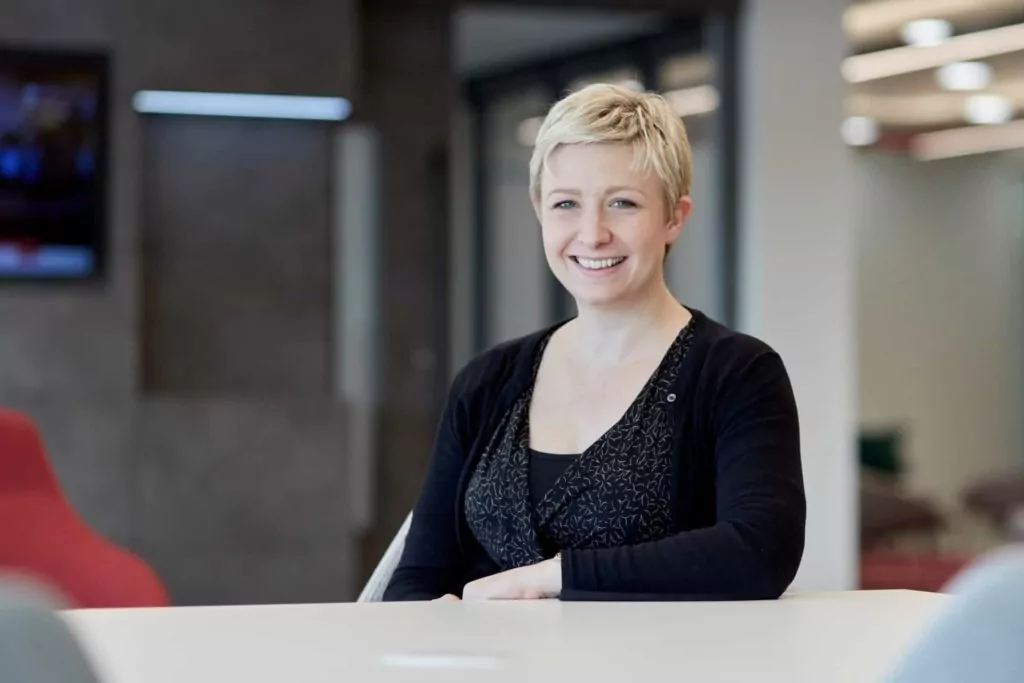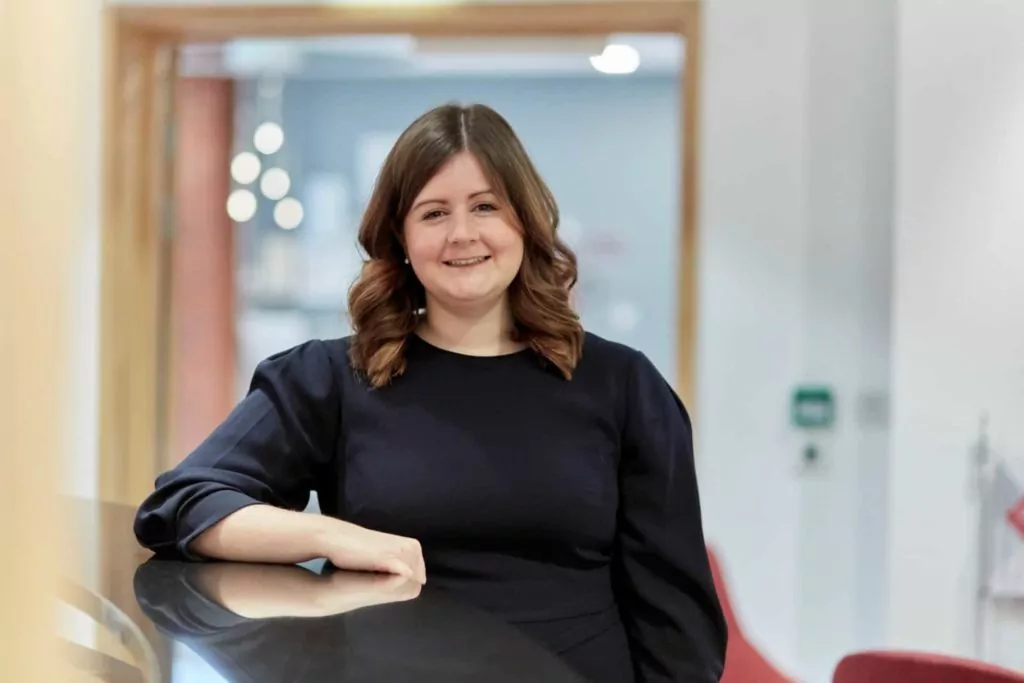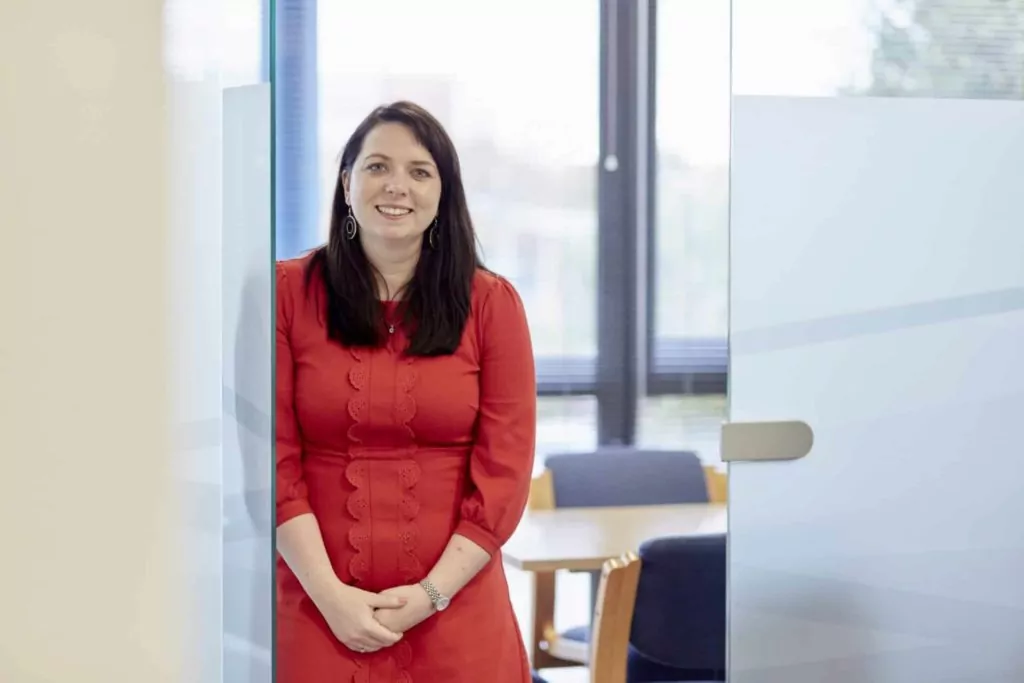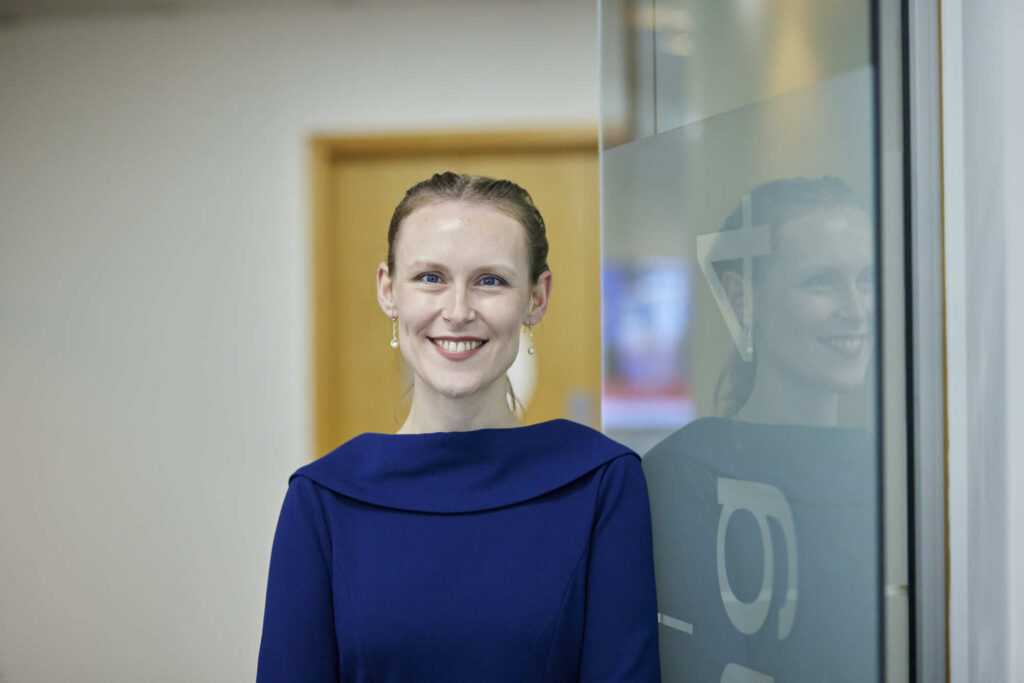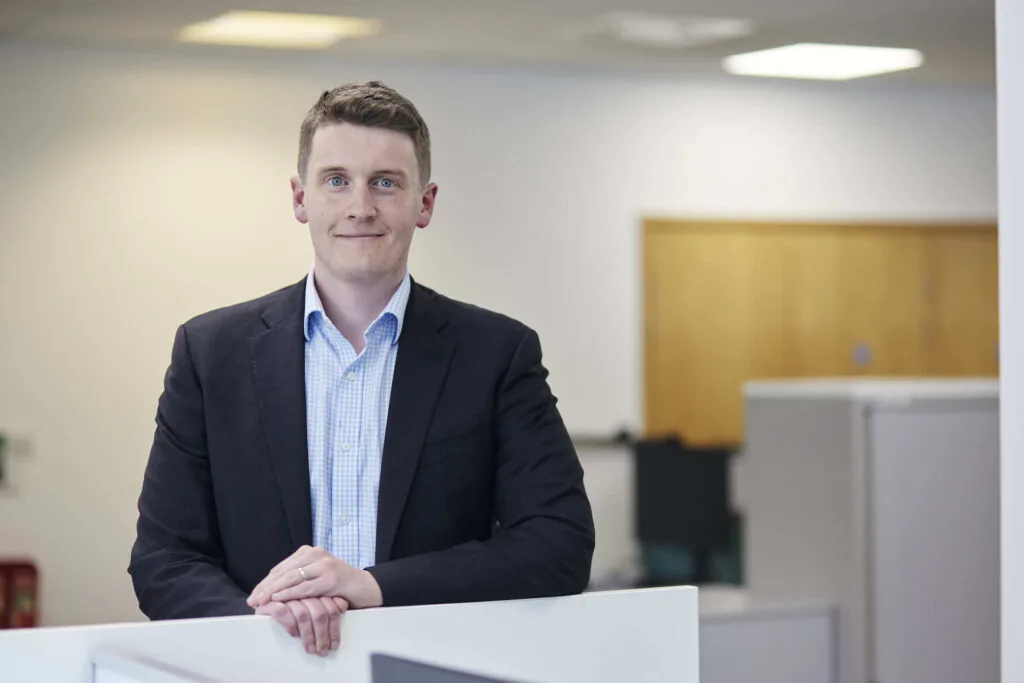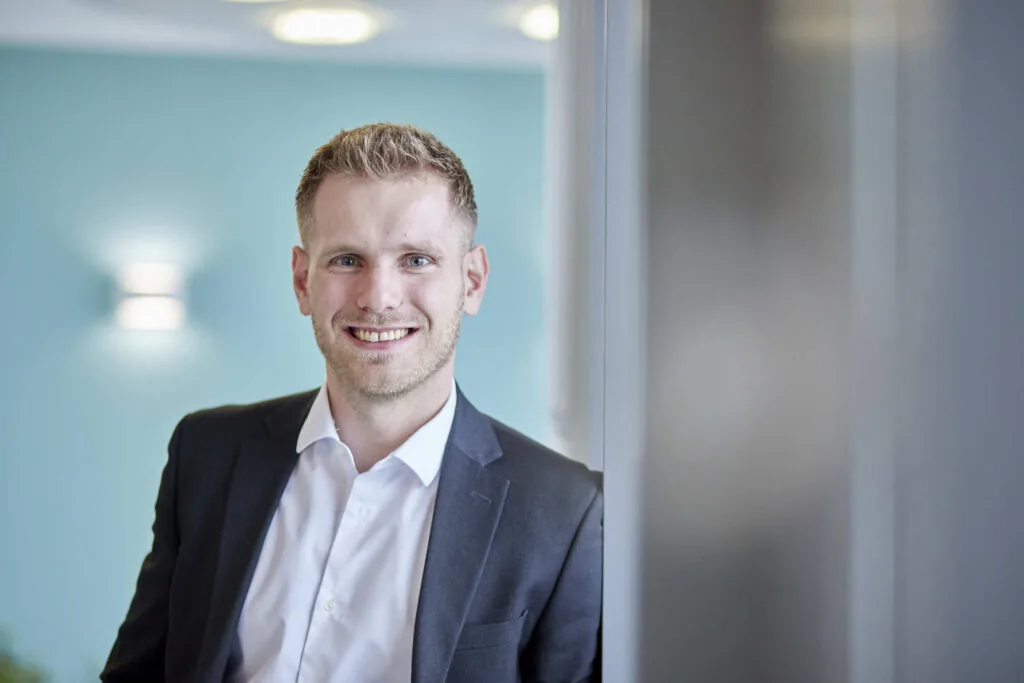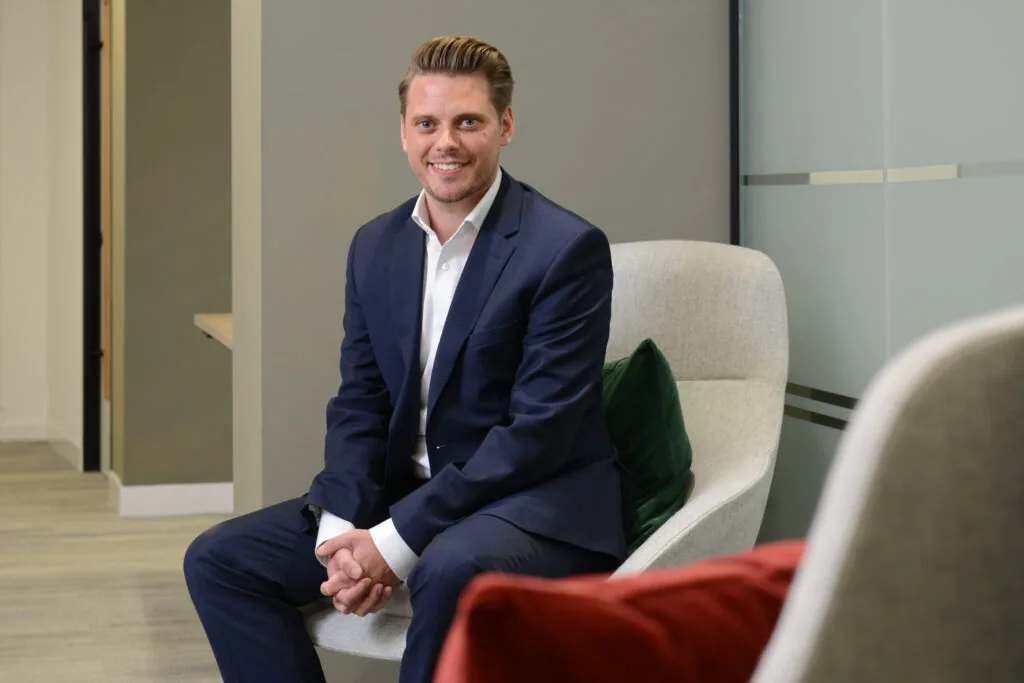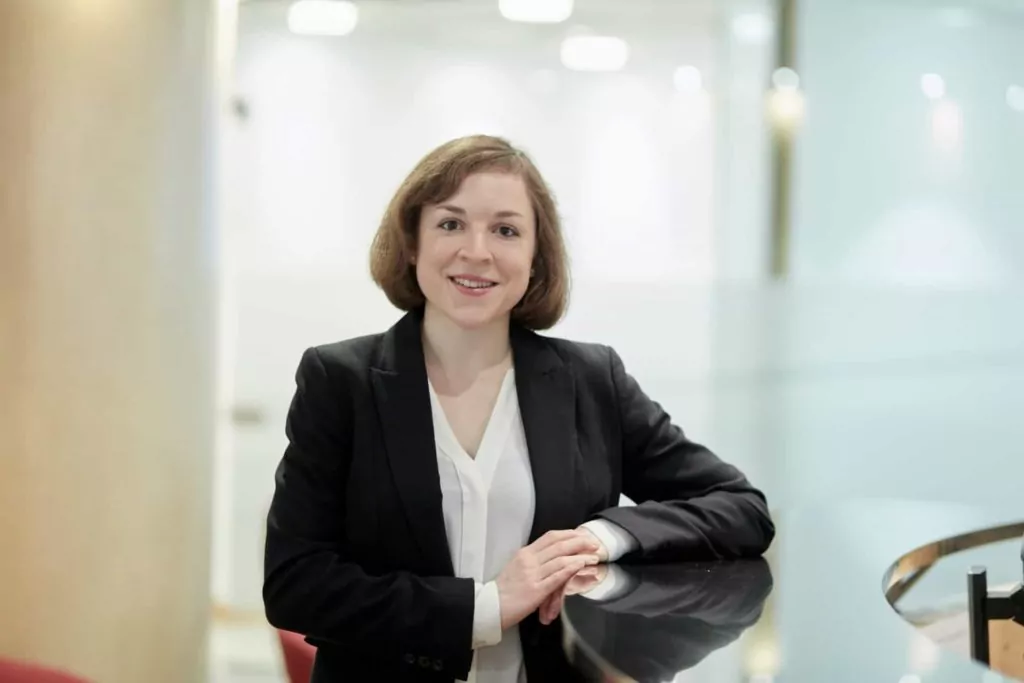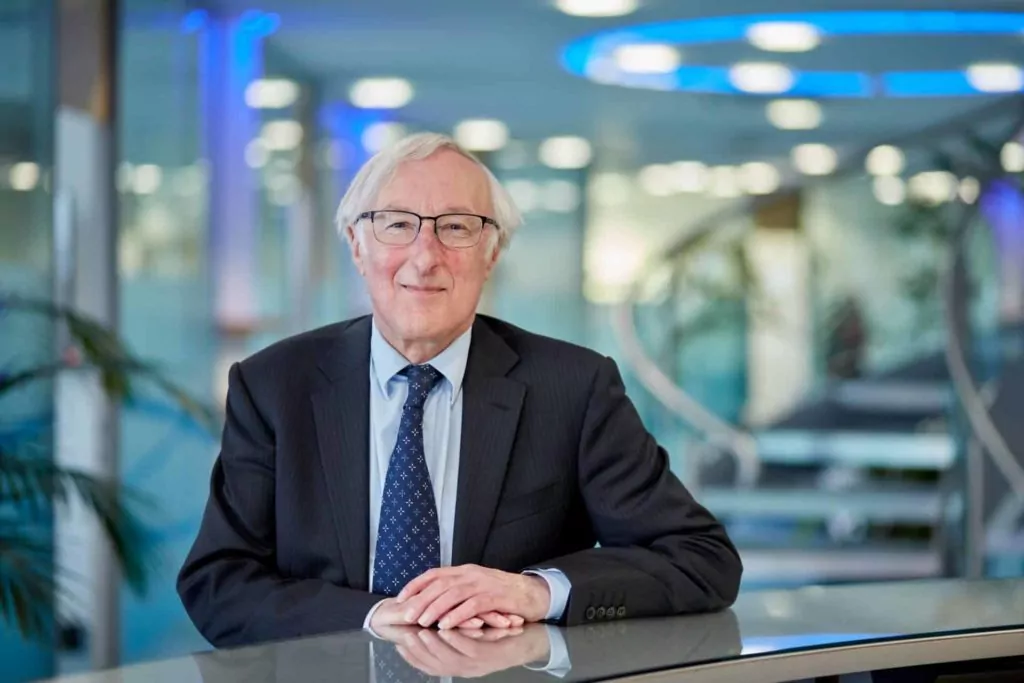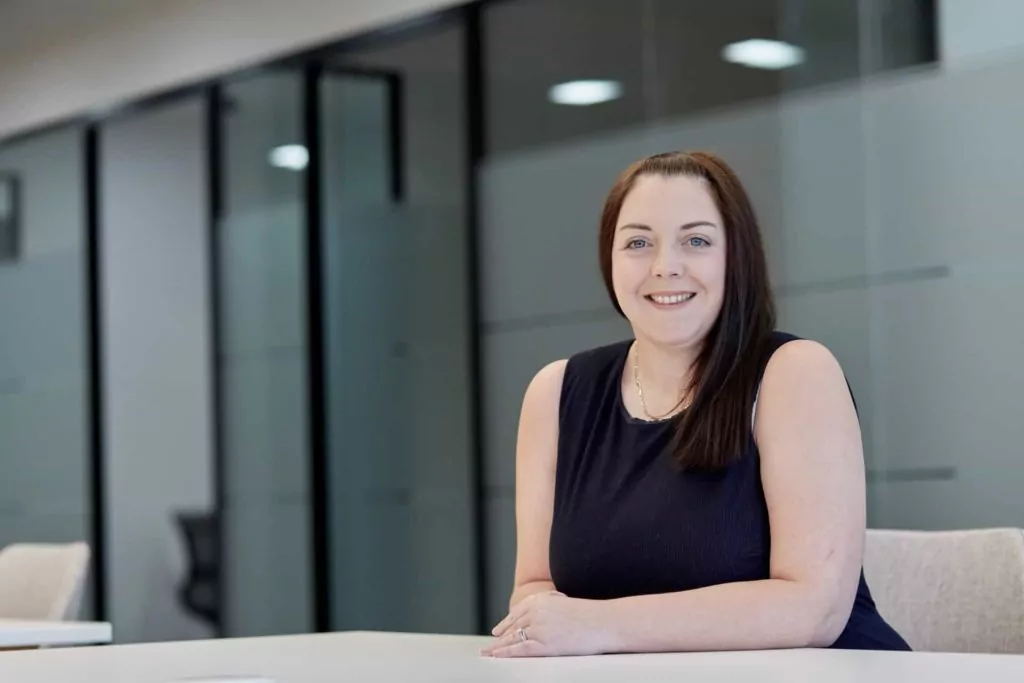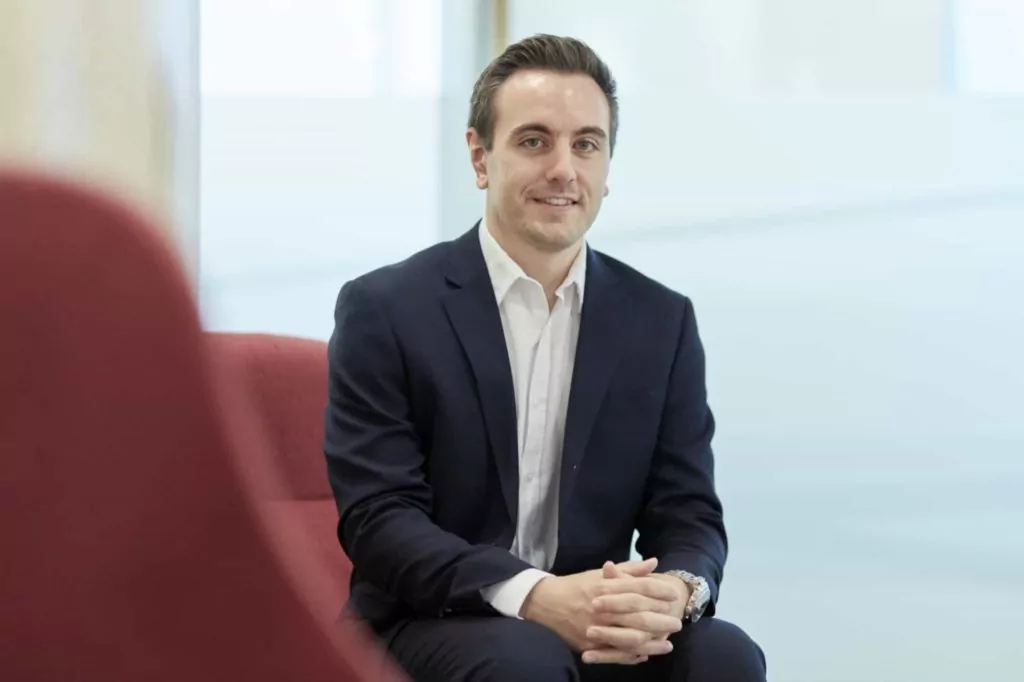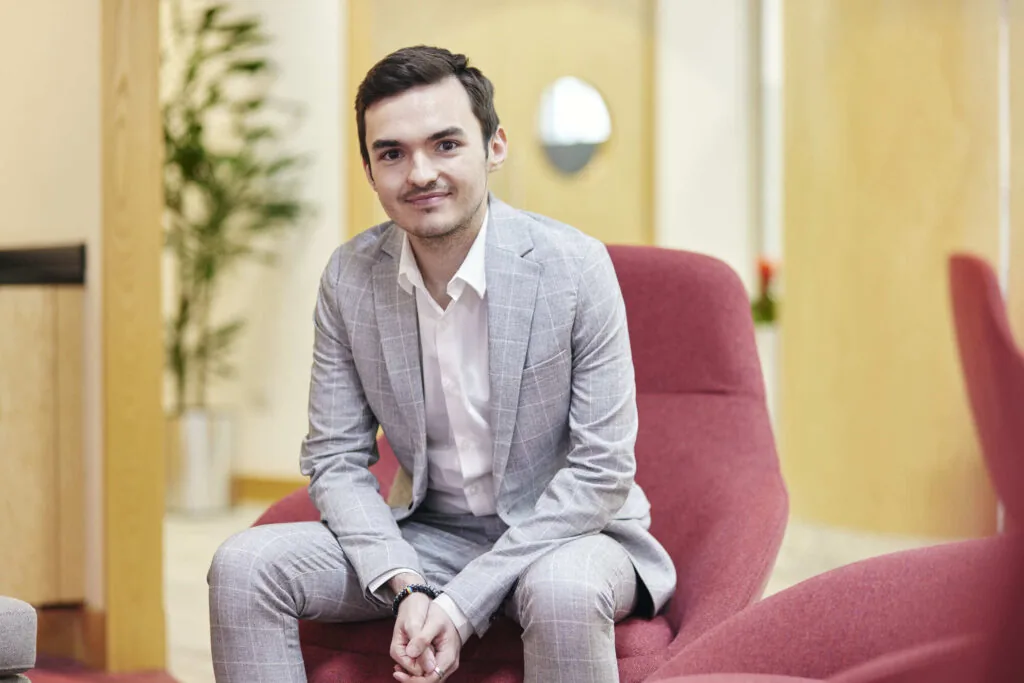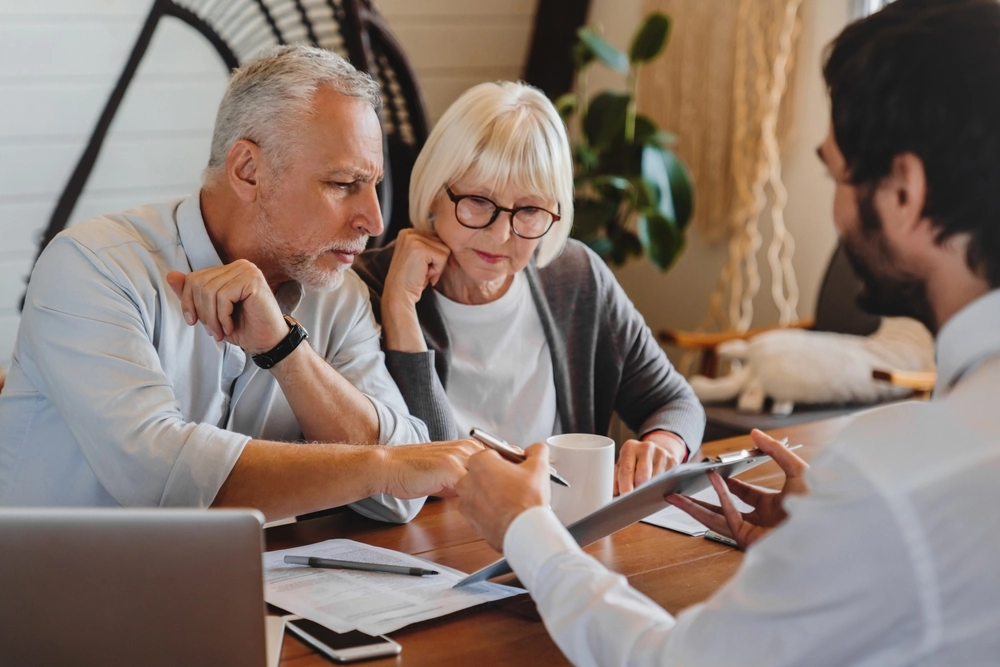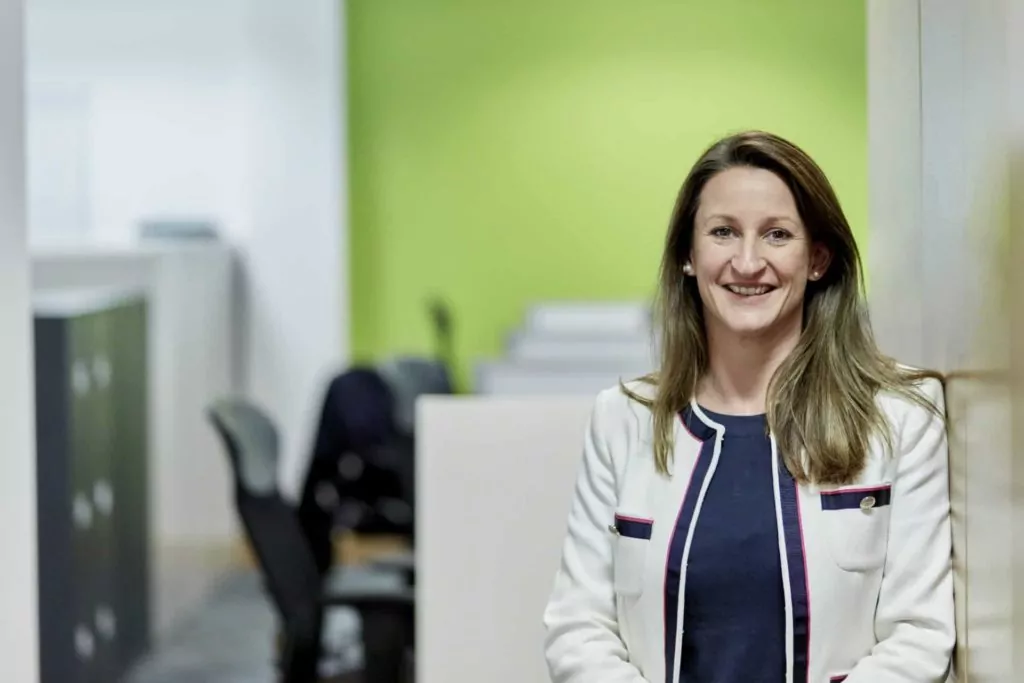

In our interview series, we shine a light on the valuable work of legacy sector professionals. In this edition, we catch up with Angela Noguera-Horne, a Legacy Officer at Cancer Research UK, the world's largest independent cancer research organisation.
Originally from Colombia, Angela shares her unique career path, the challenges she's overcome, and how she balances professionalism with empathy.
What led you to work for Cancer Research UK?
I started working with Cancer Research UK 13 years ago, but my journey in the legacy sector began with temporary work in legacy administration. Back then, everything was paper-based, and my role was mostly organising files. Over time, I took on more responsibilities, got certified, and moved up to a legacy officer role. It wasn’t easy − breaking into the field wasn’t as accessible then as it is now. But I had great mentors and support, which made all the difference.
How crucial are legacies to Cancer Research UK?
Legacies fund over a third of our cancer research. Our job is to secure those funds efficiently while honouring the donors’ wishes. It’s a long process, from supporter engagement to will-writing, and every part of it matters.
What’s surprised you most about working in the charity sector?
The culture. Previously, I worked in banks and advertising, where the culture was more competitive and less friendly. At Cancer Research UK, people are approachable and truly believe in making a difference. There’s a strong team spirit, and I’ve made incredible friends along the way.
Legacies fund over a third of our cancer research.
What’s the most challenging part of your role?
Balancing professionalism with humanity. We deal with sensitive cases involving people’s legacies, so it’s emotional at times. The pressure to secure funds quickly while remaining compassionate can be hard at times. I have learned to look after my wellbeing and have a great life/work balance (I practice yoga and exercise quite a lot). I am lucky that Cancer Research UK offers great flexible working conditions, and this helps a lot.
What have you learned from working in the sector?
Two things: Assertiveness, learning when to say no, and confidence in my abilities. Early in my career, I said yes to everything, but I’ve learned to prioritise. Also, I’ve realised it’s okay to ask for help. Some people hesitate because they don’t want to seem inexperienced but admitting when you don’t know something is a strength, not a weakness.
How do you adapt to changes in legacy administration?
I used to resist change, but I’ve learned to embrace it. Complaining gets you nowhere, so now I focus on solutions. One of my managers always said, "Don’t come to me with a problem, come to me with a solution." That stuck with me. Change is inevitable − how you handle it matters.
I’ve realised it’s okay to ask for help. Some people hesitate because they don’t want to seem inexperienced but admitting when you don’t know something is a strength, not a weakness.
Can you tell us about your hometown in Colombia?
I’m originally from Sogamoso, a small city in Colombia with a population of about 130,000 people. It’s the kind of place where everyone knows each other, and I had a safe, close-knit upbringing. My dad is a doctor, and I lived with my parents until I was 16 before moving to Bogotá for university. Leaving home was a big step - it’s when you realise how good you had it! Now, as a mother, I see my own child about to take that same step toward independence.
What did you picture yourself becoming as a child?
I studied economics but had an interest in law. I didn’t have a clear career path after university and focused on learning English to improve my job prospects. Most of my classmates went straight into finance, but I eventually found my way into the legacy sector, where legal knowledge is valuable. Looking back, I realise this job suits me perfectly.
Change is inevitable − how you handle it matters.
Would you recommend the legacy sector to young Colombians looking for a challenge?
Yes! In Colombia, legacy giving isn’t as widespread as it is in the UK, but this field is rewarding. It requires a mix of skills − communication, analysis, legal knowledge, and compassion. You’re not just processing paperwork; you’re ensuring people’s final wishes are honoured.
If you could give young Angela a piece of advice, what would it be?
I’d tell young Angela: never let anyone tell you that you can’t do what you want to do. Don’t listen when people say, "Oh, you can’t go to England and study," or imply that your dream isn’t real. Your dream is a dream for a reason - you have to chase it, believe in it, and eventually make it happen. When I look back, I’d say to 80-year-old me, "Well done for having achieved that dream." Whether it’s pursuing a yoga course, building a happy, fulfilled life, or simply daring to be different, it’s all worth it.
At the same time, I’ve learned something important about handling stereotypes and microaggressions, especially as a Colombian. I used to be very defensive when people made offhand jokes about where I’m from or assumed things like, "Are you from Colombia? So have you tried drugs?" But now I see the power in educating others. It’s not about proving I’m not a drug dealer or conforming to outdated stereotypes. Instead, I try to explain how words can hurt, even when people don’t mean to offend. I remind them that equality, diversity, and inclusion aren’t just buzzwords - they’re about understanding and respect.
So, to my younger self, I’d say: hold on to your dreams fiercely, believe in your abilities, and use every chance you get to educate others about who you really are. Embrace your identity and know that your journey, with all its challenges and triumphs, is worth every step.
What’s the best career advice you’ve received?
Believe in yourself. Self-doubt is natural, but if you know you’re doing a good job, own it. Confidence comes with time, but sometimes, you just need someone to remind you that you’re capable.
You can find out more about our charity sector team by visiting our dedicated sector page, listening to our Power of Good podcast, or reading our expert insights.


